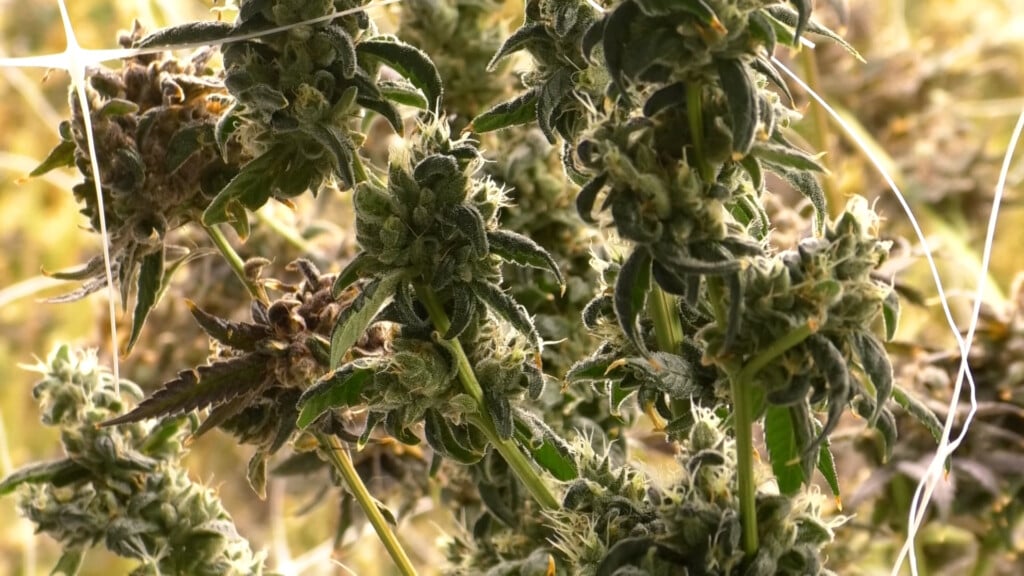Georgia state lawmakers weigh expanded access to medical cannabis – 41NBC News
September 25, 2025
Advocates for Georgia’s medical cannabis program say the state’s restrictions on medical marijuana and hemp prevent thousands of Georgians with chronic conditions from getting the help they need.

MACON, Georgia (41NBC/WMGT) – Advocates for Georgia’s medical cannabis program say the state’s restrictions on medical marijuana and hemp prevent thousands of Georgians with chronic conditions from getting the help they need.
On Thursday, a host of speakers came before state lawmakers at Mercer University, making the case that Georgia’s medical cannabis laws are outdated. The Hope Act, passed in 2019, requires patients in Georgia’s Low-THC Medical Cannabis Program to have terminal conditions and get their products from state-licensed dispensaries. Judson Hill is the Georgia Market President of Fine Fettle, one of just three state licensed medical dispensaries and operates in Macon.
“We’re trying to catch Georgia up and offer better treatment through more expansive products,” Hill said. “And open up the conditions so that more Georgians are aware that they can use medical cannabis for their various ailments.”
According to the Georgia Department of Public Health, roughly 30,000 Georgians are medical cannabis program patients, while many argue that number is far too low as restrictions limit qualifying medical conditions.
The Georgia House of Representatives’ Blue Ribbon Study Committee on Georgia’s Medical Marijuana and Hemp Policies is traveling the state to hear from advocates of program expansion. State Rep. Mark Newton (R-Augusta) serves as committee chairman. Newton is a physician and says he agrees that medical cannabis access should be expanded but says it must be done so in a manner that protects Georgia’s youth.
“We want to make sure we’ve got the right conditions, the right recommendations, and the right medical input for a patient who needs this for they or their family member’s condition,” Newton said.
The Hope Act also requires patients to use non-smokable products such as edibles or topical lotions, as opposed to inhalable form factors advocates say provide immediate treatment. Hill says the state must evolve on its perception of cannabis to unlock its full public health potential.
“It’s driven patients either to other states or to the traditional market when we have safe, legal tested cannabis grown right here in Macon,” Hill said. “And we’re just trying to let people know that that’s an option for them.”
The state house and senate versions of medical cannabis expansion both failed during the 2025 session. Committee members say input will help them make recommendations in 2026.
Search
RECENT PRESS RELEASES
Related Post



